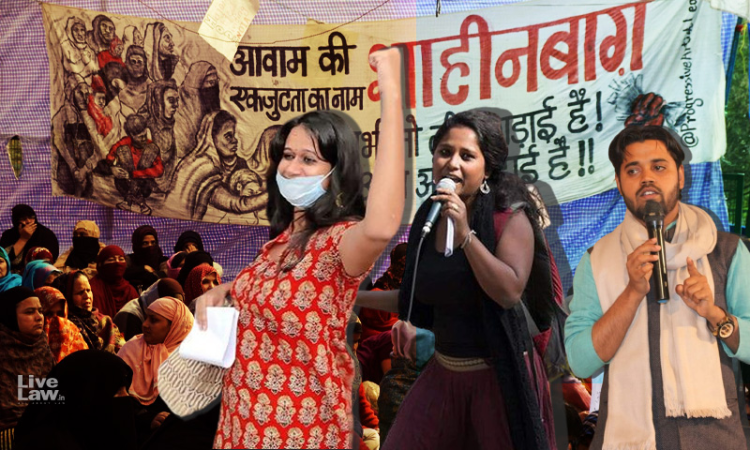'Right To Protest Not 'Terrorist Act' Under UAPA' : Delhi High Court Finds No Prima Facie Case Against Asif Iqbal Tanha, Natasha Narwal & Devangana Kalita
LIVELAW NEWS NETWORK
15 Jun 2021 2:40 PM IST

The Court noted that the CAA protests were not outlawed or banned.The protest was monitored by law enforcement agencies. The student organizations, which the accused were leading, are not banned organizations.
Next Story


